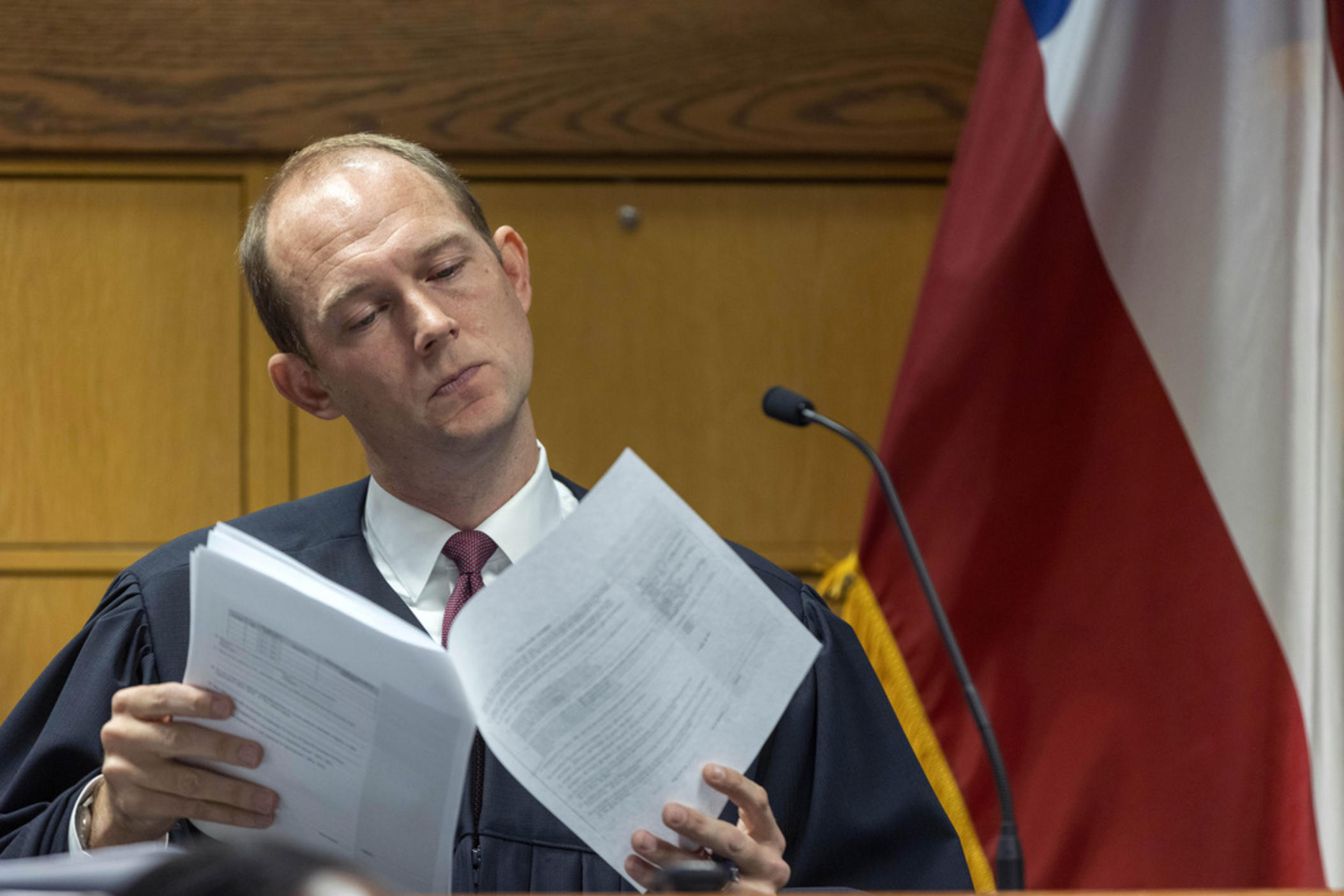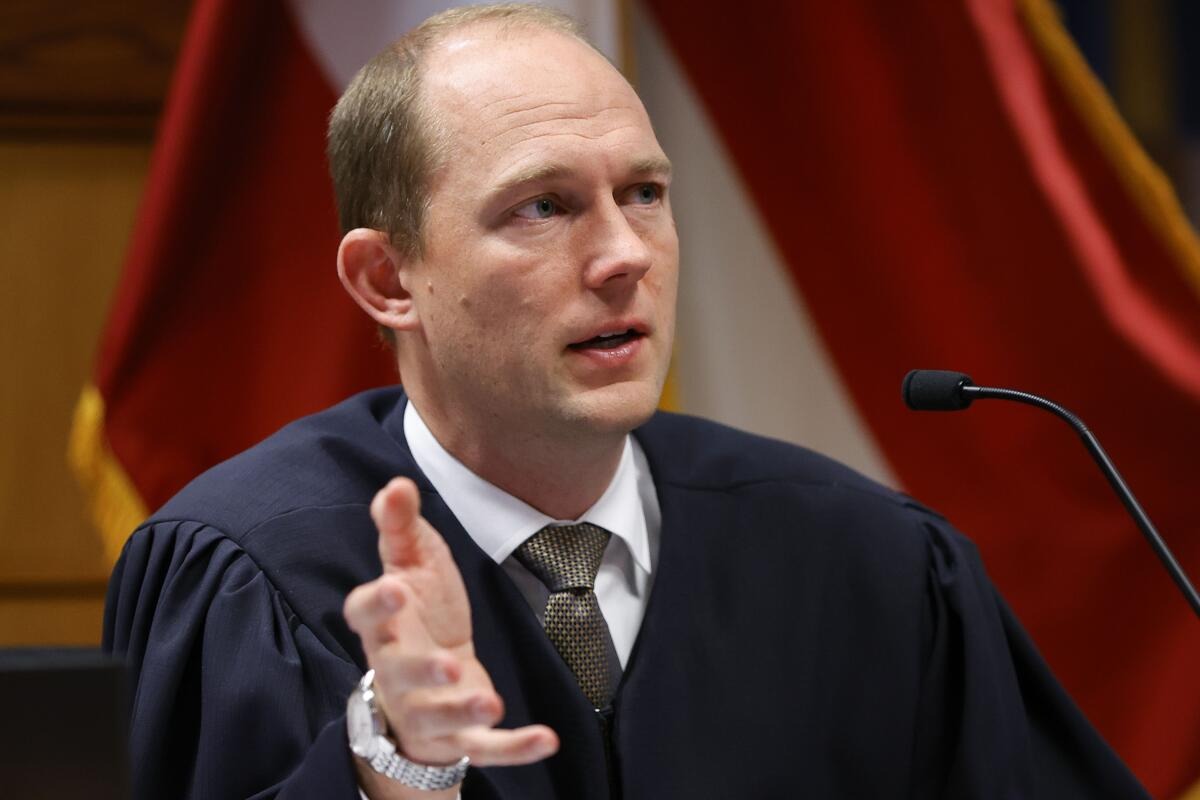In a landmark ruling reported by Reuters, the High Court of London delivered a verdict on Thursday discrediting the claims of an Australian computer scientist, Craig Wright, who has long asserted himself as the elusive figure behind the pseudonym “Satoshi Nakamoto,” the purported inventor of bitcoin.
At the crux of the legal dispute was Wright’s assertion of authorship of the seminal 2008 white paper, which laid the conceptual groundwork for the revolutionary cryptocurrency, under the pseudonym Satoshi Nakamoto.

However, the Crypto Open Patent Alliance (COPA) challenged Wright’s claims, initiating legal proceedings to prevent him from litigating against bitcoin developers. COPA sought a definitive ruling from the court affirming that Wright was not, in fact, the elusive Satoshi Nakamoto.
Following extensive deliberations and closing arguments, Judge James Mellor delivered the court’s verdict, unequivocally stating that the evidence overwhelmingly refuted Wright’s claims to Satoshi’s identity.
Mellor definitively declared, “Dr. Wright is not the author of the Bitcoin white paper,” and further affirmed, “Dr. Wright is not the person who adopted or operated under the pseudonym Satoshi Nakamoto in the period 2008 to 2011.”
The ruling marks a significant legal setback for Wright, whose assertions of being the mysterious creator of bitcoin have stirred controversy and fascination within the cryptocurrency community and beyond.
Wright’s claims have not only captured public attention but have also led to legal battles and disputes over intellectual property rights and the authenticity of his assertions.

The case has underscored the importance of establishing clarity and authenticity within the realm of cryptocurrency, where the identity of Satoshi Nakamoto remains one of the most enduring mysteries.
While the pseudonymous nature of bitcoin’s creator has fueled speculation and intrigue, the legal proceedings have shed light on the need for concrete evidence and verification in matters of intellectual property and ownership.
In response to the ruling, representatives from COPA expressed satisfaction with the court’s decision, emphasizing the importance of safeguarding the integrity of the bitcoin ecosystem and preventing frivolous litigation that could hinder innovation and development within the industry.
The verdict is expected to have far-reaching implications for Wright and the broader cryptocurrency community, as it reaffirms the principle of transparency and accountability in matters of intellectual property and authorship.
Moving forward, the ruling may serve as a precedent for similar cases and disputes within the burgeoning field of blockchain technology and digital assets.
While the true identity of Satoshi Nakamoto may remain shrouded in mystery, the legal proceedings have brought clarity to Wright’s claims, highlighting the need for evidence-based verification and scrutiny in the realm of cryptocurrency innovation and development.
As the digital landscape continues to evolve, the ruling serves as a reminder of the importance of integrity and accountability in the pursuit of technological advancement.


